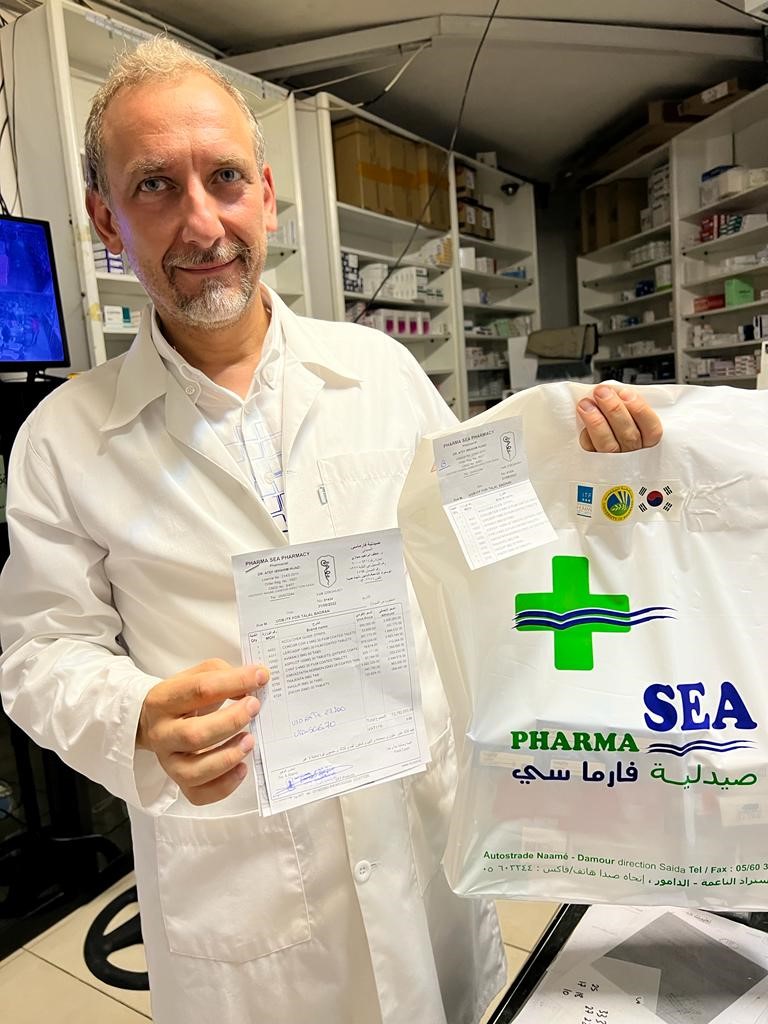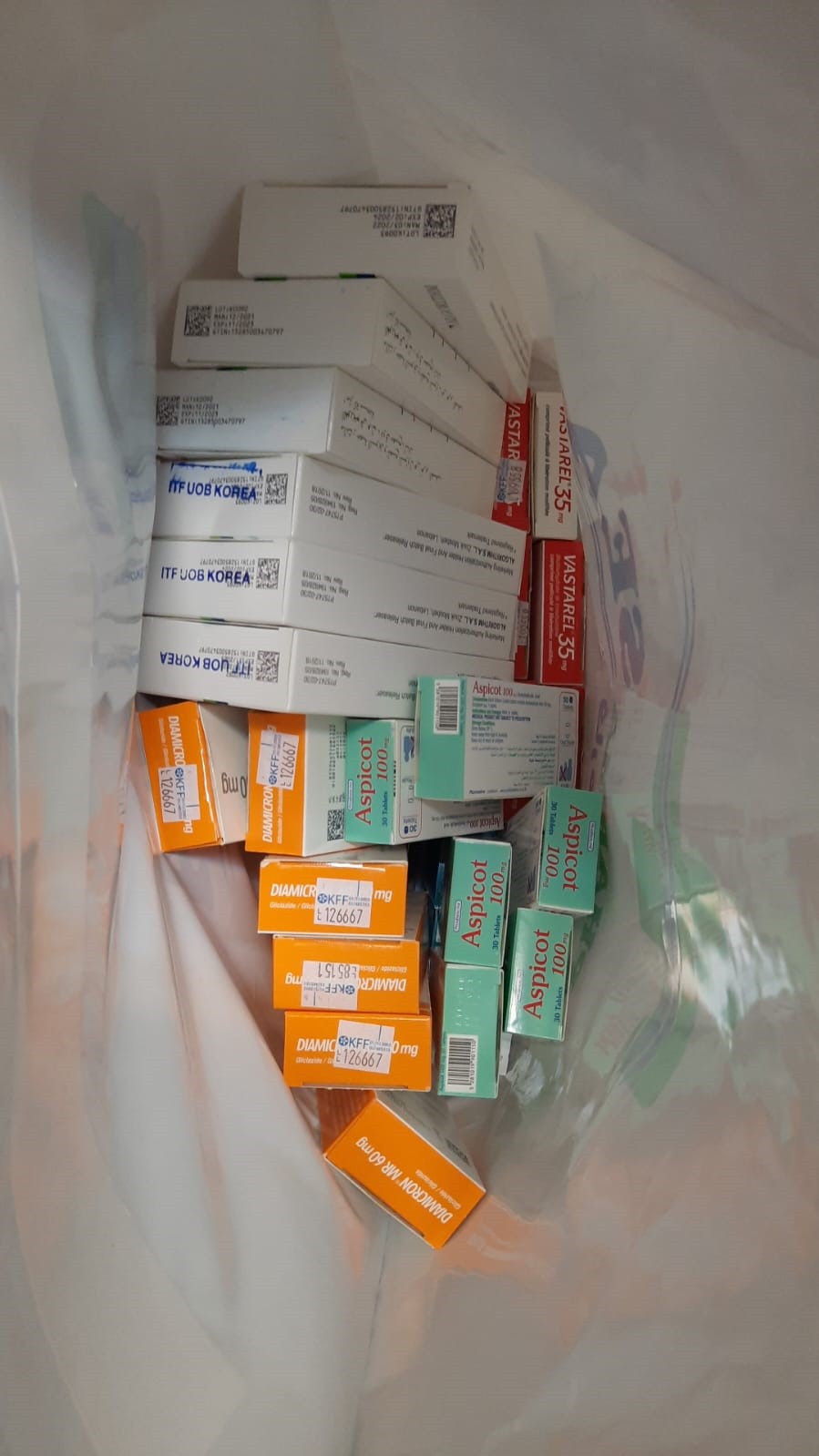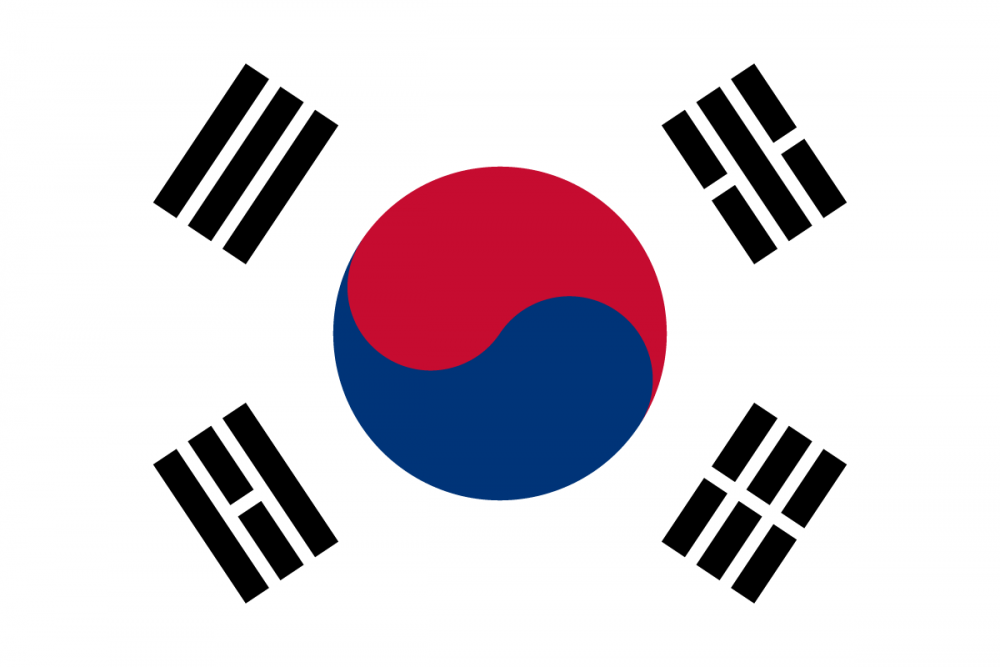Korea Supports Mine Victim Assistance in Lebanon Through ITF
With the deepening socio-economic crisis, over 70% of the families in Lebanon live below the poverty line. According to UNICEF, 77% of families in Lebanon are unable to adequately feed their children or provide them with the necessary healthcare. In extreme cases, children are forced to drop out of school and find work to help support their families. Korea responded to this crisis with a generous donation through ITF Enhancing Human Security, a Slovenian non-profit humanitarian organisation working to address human security issues around the globe. The funding will be used for the implementation of two income generation trainings for mine victims as well as the provision of 6 months’ worth of medication to chronically ill patients with life-threatening diseases. The project is executed in cooperation with the University of Balamand.

Due to the urgency of the needs, 25 beneficiaries, among them mine victims, have so far already received 6 months’ supply of medicine for the treatment of their chronic illnesses and non-communicable diseases, including cancer. The process of the provision of medicine involves a number of actors, including a doctor who prescribes the treatment and pharmacies who grant medicine according to the Lebanon Ministry of Public Health medicine database.

Two additional sets of activities are envisioned under the grant provided by Korea. Initially, 15 mine victims or their families will participate in a beekeeping and honey production training workshop that is scheduled to take place this fall. The three-day training, delivered at the Lebanese Mine Action Center’s Regional School for Humanitarian Demining in Hammana, will include a test assessing the participants’ knowledge, skills, and abilities needed for viable honey production. Three participants passing the test with the highest marks will be awarded a grant to start their own beekeeping projects.
Another 15 beneficiaries, also mine victims, will take part in three-day income generation training, which will focus on developing funding proposals and feasibility studies for business start-ups. The training participants will be required to develop their own projects, and the three most convincing projects shall be awarded grants to start-up their businesses.
With the registered number of mine victims in Lebanon at least 2,352, and considering the hardships faced by the general population in Lebanon, the number of vulnerable populations and people in need extends well beyond the number of individuals benefiting from this project. The contribution of Korea is nonetheless invaluable for the survivors of mine and unexploded ordnance accidents and their families, which constitute one of the most underserved and marginalized population groups in Lebanon. Korea’s support is therefore crucial at this time as it enables one of the only two mine victims assistance projects in Lebanon, both implemented by ITF.
